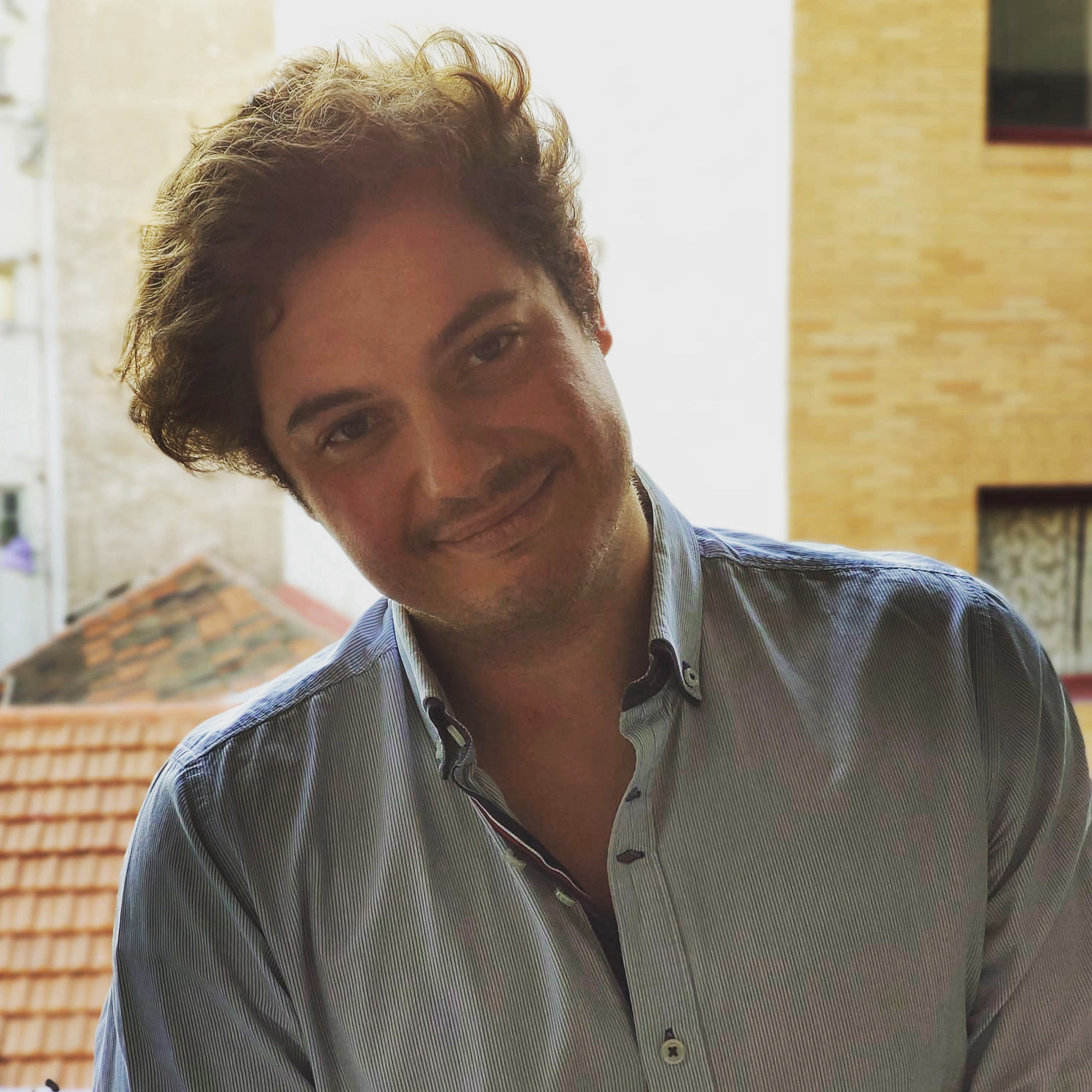Topics
The SWEET Workshop invites researchers, engineers and developers to present their works in the field of Artificial Intelligence in the Web of Everything and pervasive computing scenarios. Papers may deal with models, methods, technologies, case studies and practical experiences. Topics of interest to this workshop include, but are not limited to:
- Languages, methodologies and tools for representing and managing semantic annotations in ubiquitous and pervasive scenarios
- AI-based information storage, management, discovery, integration and exploitation in the WoT
- Reasoning and planning in pervasive and unpredictable scenarios
- Semantic-based Web of Things infrastructures, protocols, applications and services
- Semantic-enhanced Web of physical objects and devices
- Wireless semantic sensor and actor networks
- Opportunistic paradigms and algorithms for matchmaking and negotiation
- Intelligent adaptive user interaction in pervasive computing
- Managing pervasive data and sensor data streams
- Decentralized, adaptive and collaborative pervasive systems
- Efficient, scalable, distributed machine learning in wireless sensor networks and ad-hoc object networks
- Intelligent Big Data architectures and solutions for pervasive scenarios
- Methods, prototypes and tools for the integration of eXplainable AI (XAI) techniques in the WoT
- Novel argumentation techniques and technologies for the WoT
- Practical and user-oriented issues and experiences of developing AI-based pervasive systems and applications

